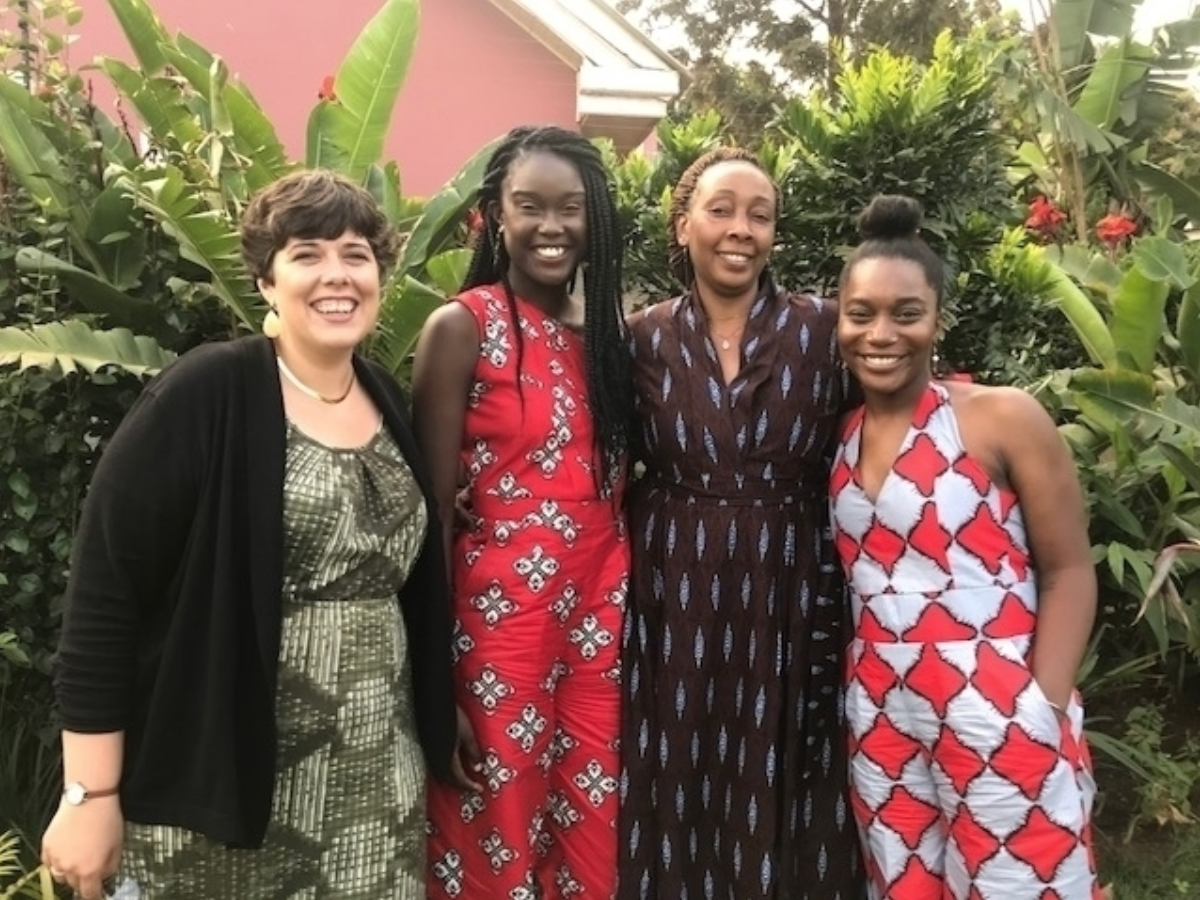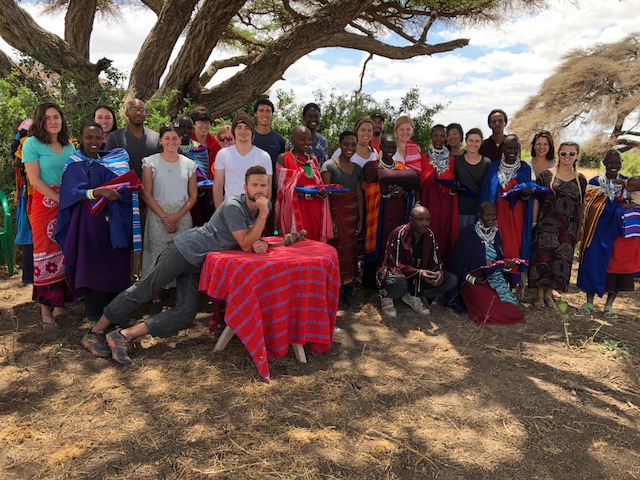
In spring 2018, Sarah LaMorey, MA SID/COEX’19, was awarded the prestigious Boren Fellowship by the National Security Education Program. The fellowship funds graduate students to study critical languages around the world for up to a year. LaMorey, who moved to Tanzania for her studies over the summer, shares some insights from her experiences:
I’m wrapping my semester of intensive Swahili study and will be moving from Arusha to Dar es Salaam in December to intern at the Karibu Tanzania Organization (KTO). Myself and two other Boren fellows will be completing a mid-term evaluation of KTO’s Skills Development Program for Young Women. I’m excited for the opportunity to move to a new part of Tanzania and be able to utilize my language skills as well as my education from Heller to evaluate KTO’s programming. I believe living in Tanzania and studying the language and becoming familiar with the culture will be invaluable additions when interviewing individual, reviewing program results and evaluating the program as a whole.
One of my most relevant realizations while on this fellowship is how intricately connected language is to culture. In fact, I don’t believe you can separate them at all. I strongly believe that effective and respectful development and/or conflict resolution requires that those creating and implementing programs have the language to speak and connect with those that are to receive and hopefully, benefit from such programming. This is a startling realization when I consider the structure of international aid and the millions of programs that are developed not only by cultural outsiders but also linguistic outsiders. Even after studying the language full time for five months I still have so much to learn in terms of not only grammar structure but the meaning behind the words spoken.
The most valuable learning that I’ve taken with me from my studies at Heller have been the voices and perspective of my international colleagues. It’s so easy to be locked into a “western” perspective on everything from education, societal roles to development. However, I have constantly been reminded to check my assumptions and my understanding in order to expand my world view to include that of others. I am constantly reminded of dissenting perspectives in class or experiences that my colleagues have shared of development projects or western hegemony in developing contexts. When speaking to colleagues here that have attended other graduate programs around the U.S., I am struck by how fortunate the Heller community is to have so many scholars from around the world and how this variety of perspectives and experiences creates a deeper learning environment for everyone at Heller, students and faculty alike.
A Swahili methali or proverb that really sums all of this up is “Akili ni nywele, kila mtu ana zake,” or "Intelligence is like hair, every person has their own.”

